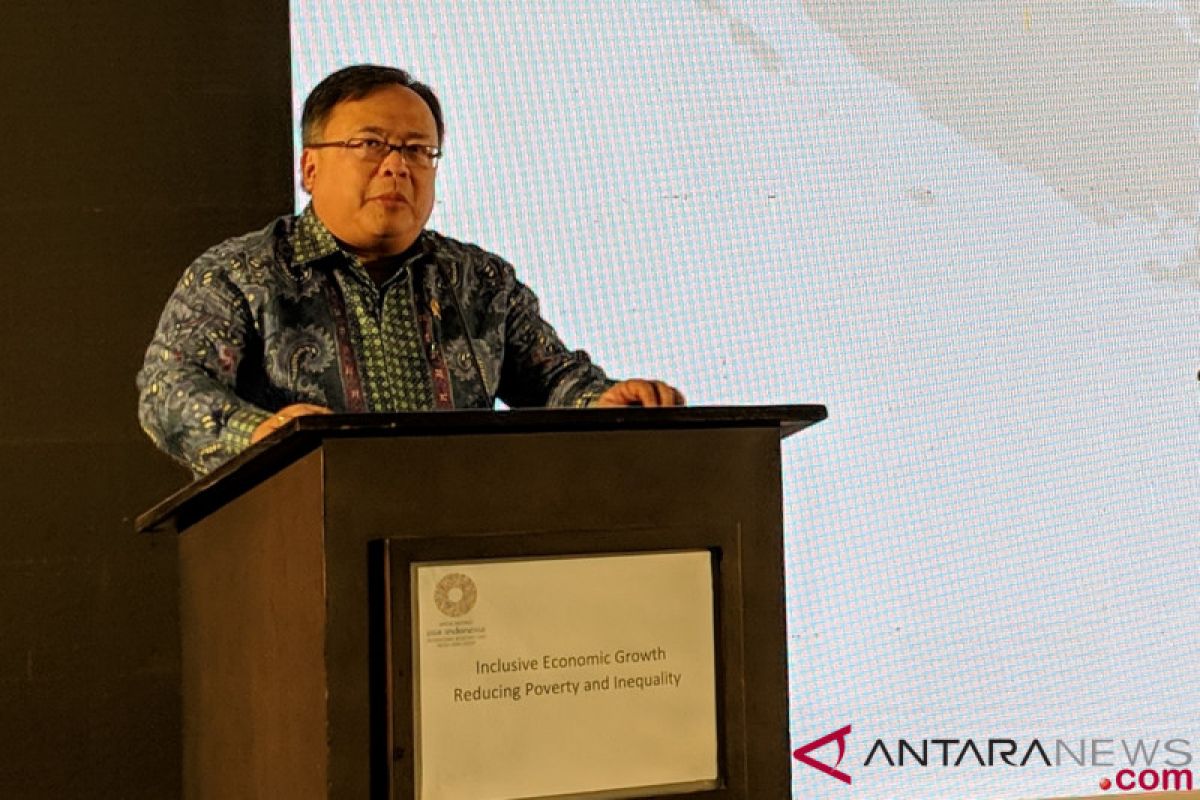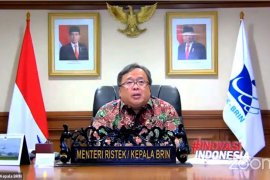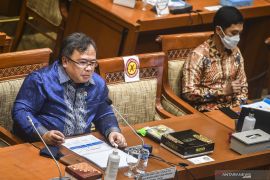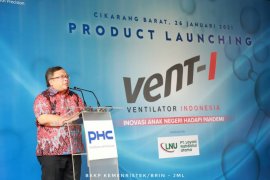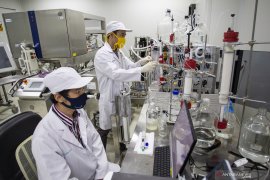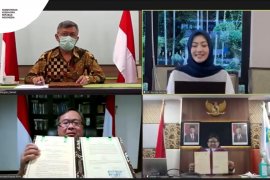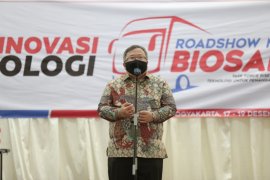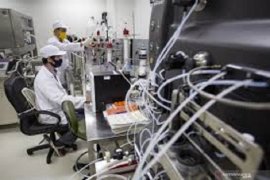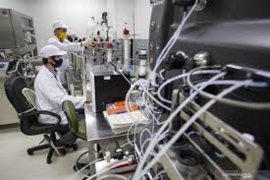The event was attended by two thousand people comprising government employees, academics, businesspersons, and other stakeholders from 135 countries, the Ministry of National Development Planning said in a statement here on Tuesday.
According to Bambang, Indonesia has been making several efforts to prevent corruption, including opening the People`s Online Aspirations and Complaints Service (LAPOR!), providing social media-based facilities to lodge complaints, implementing the One Map Policy aimed at generating geospatial information, and issuing Presidential Regulation No. 13 of 2018 on the Application of the Principles to Recognizing Corporate Beneficiaries in order to prevent and eradicate money laundering and criminal acts of terrorism financing.
The minister noted that an open, transparent, and accountable government was crucial to preventing corruption.
In its implementation, open government and open data need to be supported by the public, the private sector, academics, and the media to encourage more effective development to ensure maximum impact on the people`s welfare.
In practice, open macroeconomic data has a positive impact on foreign direct investment and risk credit valuations, he remarked.
Bambang pointed out that best practices from the implementation of open government in Indonesia, include Jogjaplan e-planning implemented by the Provincial Administration of Yogyakarta.
Jogjaplan functions as a facility for administration to prepare the implementation of programs, so that they can be carried out easily, quickly, accurately, and in accordance with regulations, as well as accommodate stakeholders` interests.
With Jogjaplan, the Provincial Development Planning Agency can maximize a program to be more beneficial to the people.
Meanwhile, the Surabaya Provincial Administration applies an e-budgeting system that facilitates the administration in making Budget and Expenditures with Budget Changes. The e-budgeting system can save up to 30 percent finance.
Another model is the open budget implemented by the Ambon City Administration. With this system, budget reporting is available on some government websites to make it accessible for people.
In open procurement, the Bojonegoro District Administration implements the Bojonegoro Open System (BOS), which is an online information center that contains details on the procurement of public goods from upstream to downstream in a transparent manner, including information about parties responsible for procurement, quality of goods and services, and audit process.
The principle of open government is also implemented for Village Funds that allow people to oversee the utilization of funds and jointly prevent corruption.
This system has been applied by the Health Office in Kupang City, Sikka District and North Central Timor District, East Nusa Tenggara Province.
In these areas, Village Funds were channeled through a social accountability approach that provides effective health services at several health centers.
The services including the availability of data on the recruitment of midwives, procurement of equipment, construction of supporting infrastructure, provision of electricity and water, and training for volunteers in the health sector.
"Indonesia hopes that open government can contribute directly to various development sectors by reducing poverty, increasing economic growth, providing public services, carrying out sustainable environmental conservation, and preventing corruption," Minister Bambang stated.
In July 2018, President Joko Widodo had signed Presidential Regulation No. 54 of 2018 on the National Strategy for Prevention of Corruption.
The presidential regulation stipulates that all stakeholders, who get involved in the Corruption Eradication Commission, Ministry of National Development Planning, Office of the Presidential Staff, Ministry of Home Affairs, and Ministry of State Employee Empowerment and Bureaucracy Reform can optimize their efforts to prevent corruption by involving civil society and other non-government stakeholders.
The National Strategy for Corruption Prevention focuses on three areas: licensing and trading procedures; state finances; and law enforcement and bureaucratic reform.
These three fields form the core of the Corruption Prevention Action Plan that emphasizes the importance of implementing the principles of open government.
Eradicating corruption is one of the main priorities of the Government of Indonesia in open government, which is also in line with the Sustainable Development Goals.
Reporting by Zeynita Gibbons
Editing by LWA, Sri Haryati
Reporter: Antara
Editor: Bustanuddin
Copyright © ANTARA 2018
